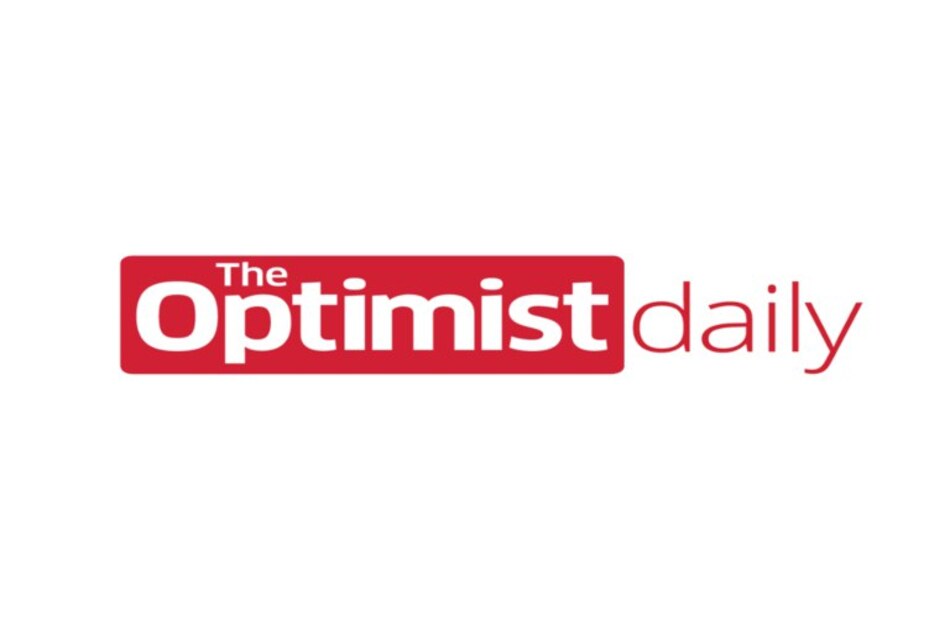During the Great Depression, the federal government enacted the Civilian Conservation Corps to employ millions of young Americans and improve federal land by planting trees, building ranger stations, and creating trails. Today, as we face an economic downturn potentially worse than the 1930s, some areas are once again turning to federal employment strategies to keep Americans afloat.
One example is the City of Green Bay, which spent $136,000 of its $600,000 in funding from the $2 trillion federal stimulus package on a jobs program aimed at improving the 2,500 acres of land managed by its parks department.
The program will employ 20 residents full time, or more part-time. Major projects don’t look all too different from those taken on by the CCC almost 100 years ago. There is a rotting wooden boardwalk in need of repairs and mountain biking trails desperate for grooming. The city’s wildlife sanctuary is also struggling with an infestation of garlic mustard, an invasive plant.
Officials in Austin are taking a similar approach. They are using their stimulus dollars to fund fire-prevention work on private lands. Pennsylvania plans to create a Civilian Coronavirus Corps to employ out of work citizens for contact tracing and public health work.
Rapidly rising unemployment numbers have left many local and state governments reeling on how to best support the growing number of Americans out of work. Public employment offers a unique opportunity to support financially strapped residents while also improving cities and natural spaces. The potential for these programs is extensive. While the ones in place so far are relatively small-scale, boosting public employment in green energy, conservation, public health, and transportation could revolutionize the world we re-enter post-pandemic.
Money allocated to unemployment could be rerouted to support badly needed infrastructure projects and finally solidify the country’s transition to green infrastructure. It could be used to improve public health departments, prevent the devastation of a future pandemic, and mitigate the one we are currently facing. The opportunities, and the number of Americans looking for work, are extensive. The only question left is where to start?











